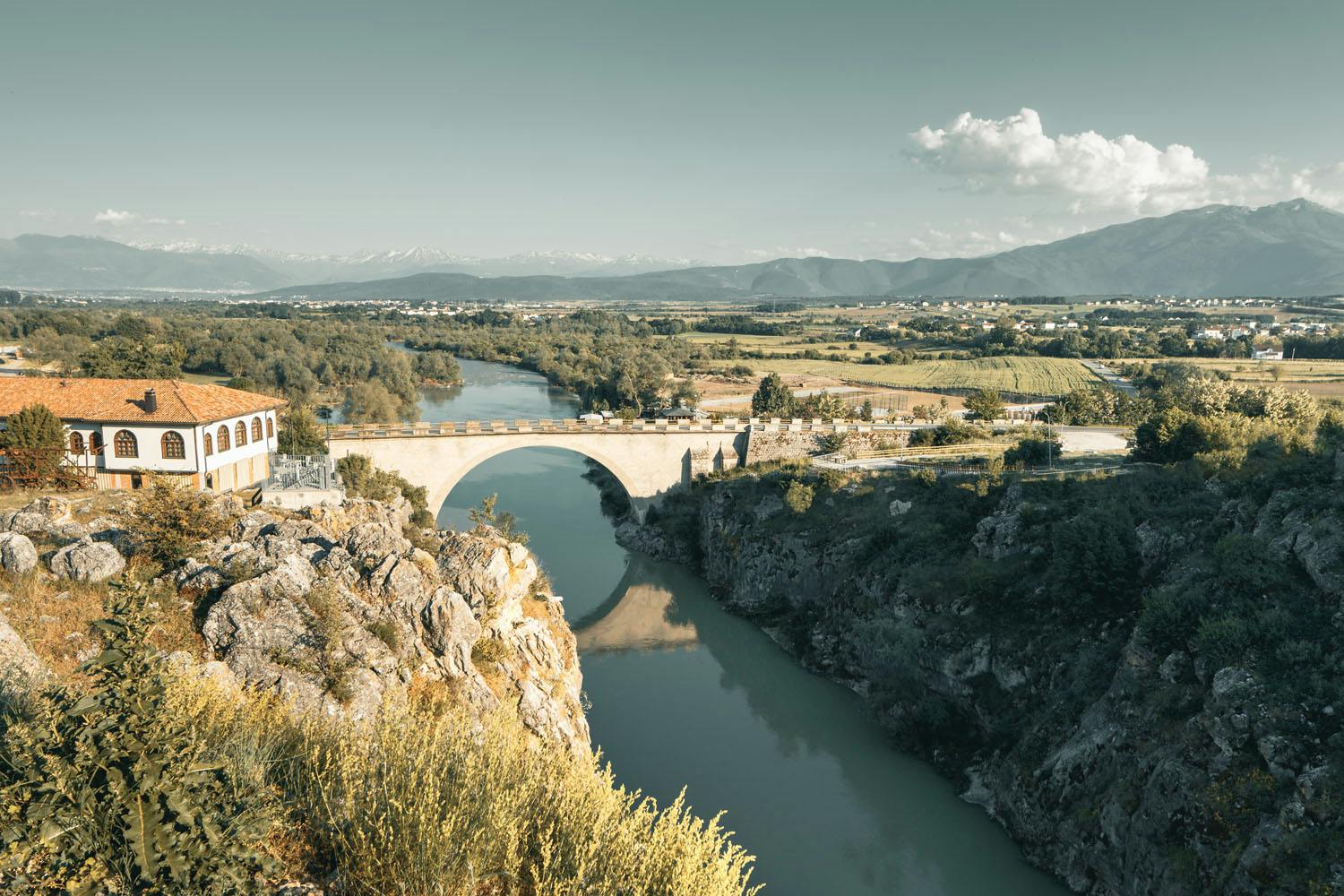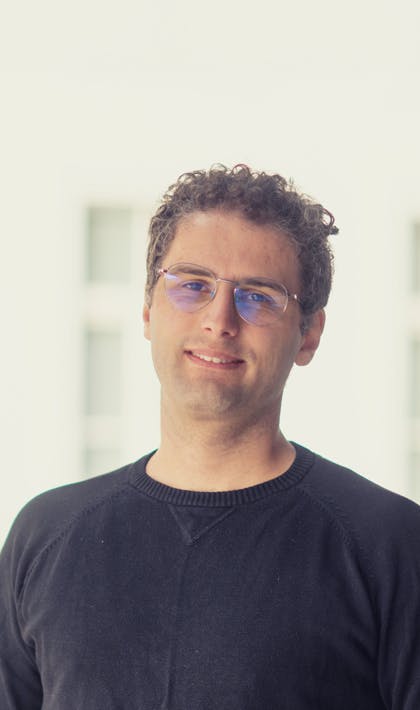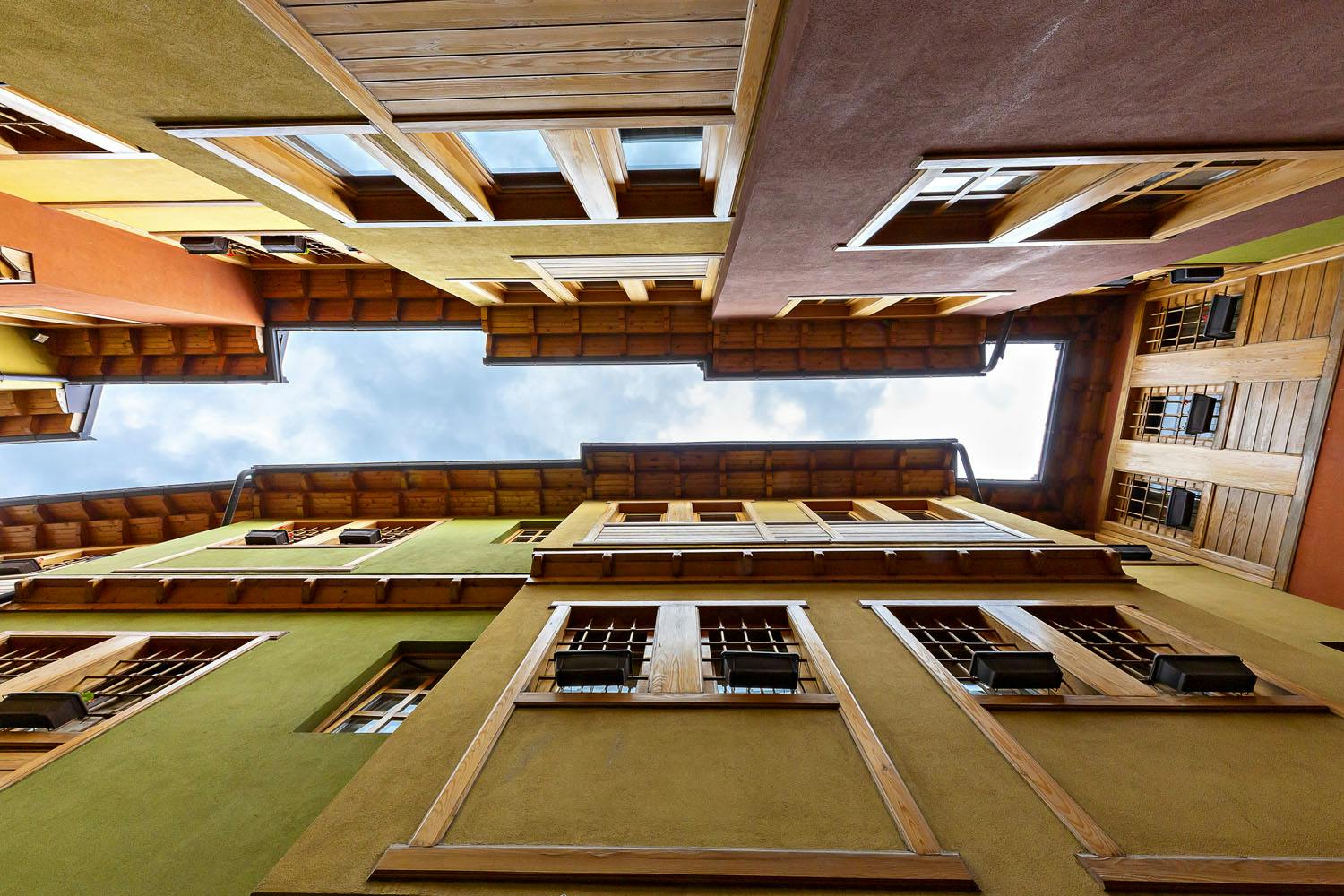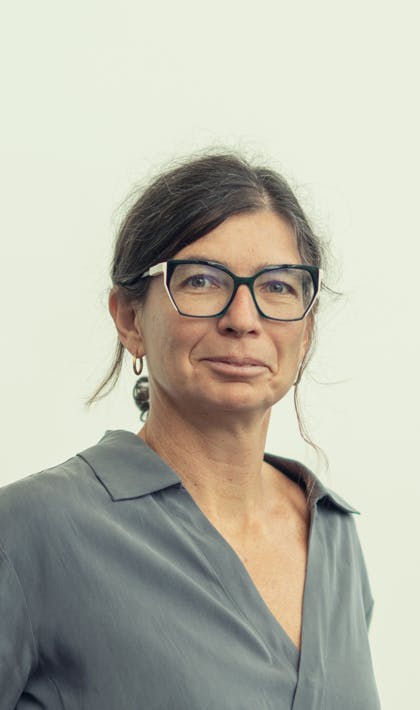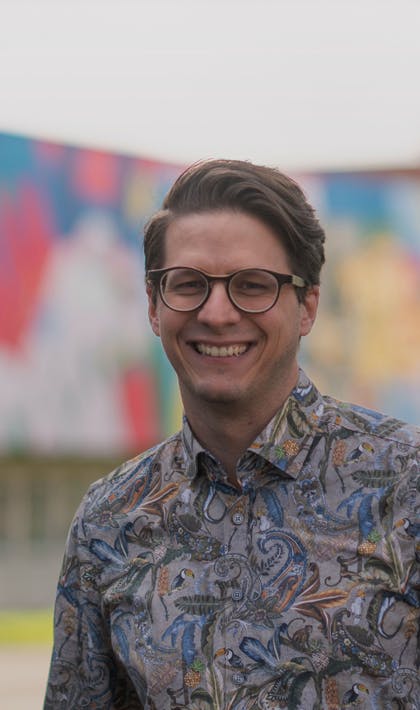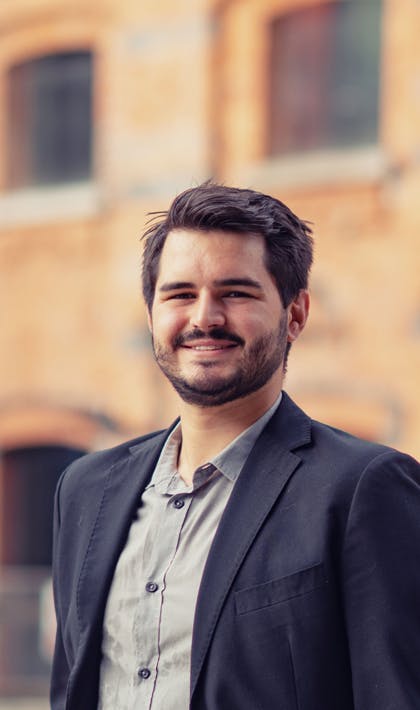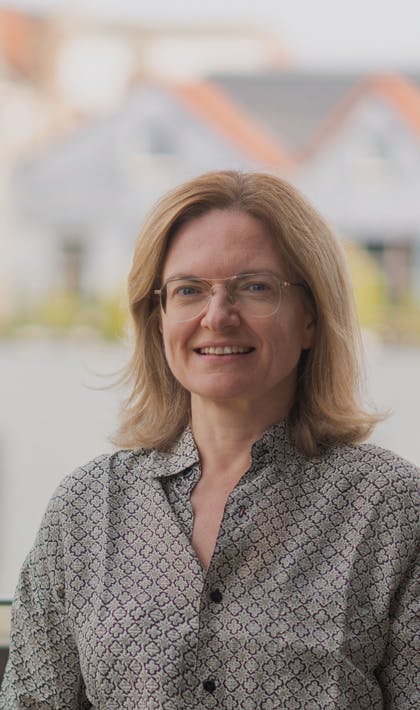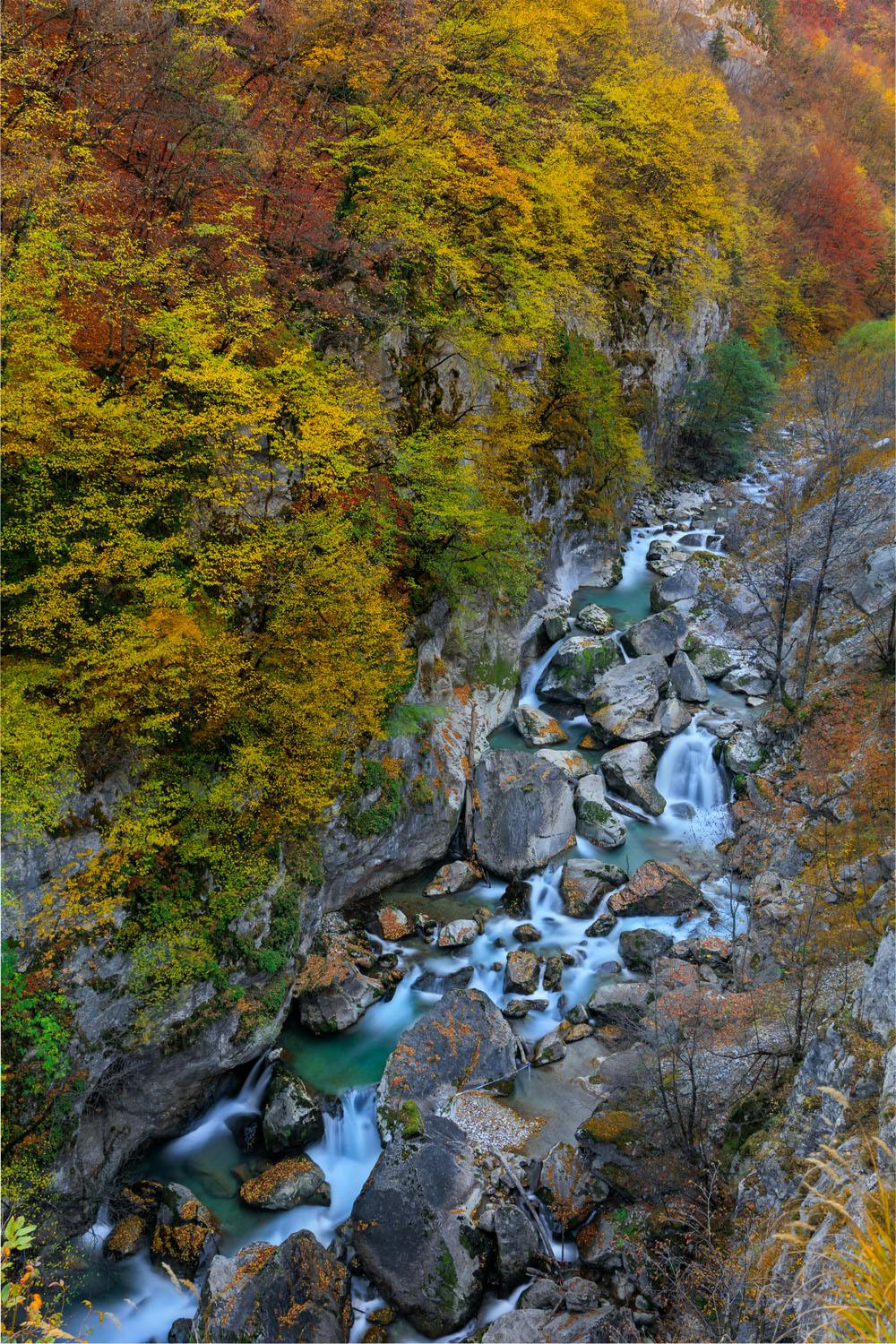
Music, adventure, and nature unite
Jetmir was born in Gjakova in Kosovo. After his bachelor’s degree in Telecommunication, he felt the need to garner professional and academic exposure. After receiving the Young Cell Scheme Scholarship, Jetmir had the opportunity to spend two and a half years in Germany, completing is master’s degree in Communication Engineering before moving to Belgium. He moved to Belgium to pursue a PhD at Ghent University and became part of imec in 2017.
The cultural puzzle
Jetmir’s initial years outside Kosovo, spent in Germany, presented occasional challenges but ultimately led to a transformative and life-changing journey. He said, “As a student living alone for the first time, without friends or family, dealing with everything alone can sometimes be overwhelming. However, this is nothing compared to the chance to meet new people, to get to know different cultures, especially in an international study program. All that contributed to my progress and made me who I am today.” Adapting to diverse cultures and their tiny details, sometimes contradictory, made his life easier. For example, in Germany, punctuality was of utmost importance; in Kosovo, being five minutes late was okay.
Navigating cultural contrasts
Jetmir faced fewer transitional issues in Belgium, but there were always moments of contrasting social norms. He once met a colleague from Kosovo at imec, and he greeted her with a kiss on the cheek, which is traditional in Kosovo but not so much in Belgium. Participating in customs like this can feel awkward out of the context in a different land. Jetmir believes that in places like Kosovo, where the expat community is very small, it is easier to adapt culturally because you interact only with local people. But in Western European countries like Belgium, France, or Germany, where there are people from all over the world, one needs to be more cautious and respectful not only of local traditions but also during cultural exchanges with other expat colleagues. That’s the case in imec as well.
Must see
Wander through the historic Old Town of Prizren, visiting the many well-preserved Ottoman-era buildings and trying local cuisine.
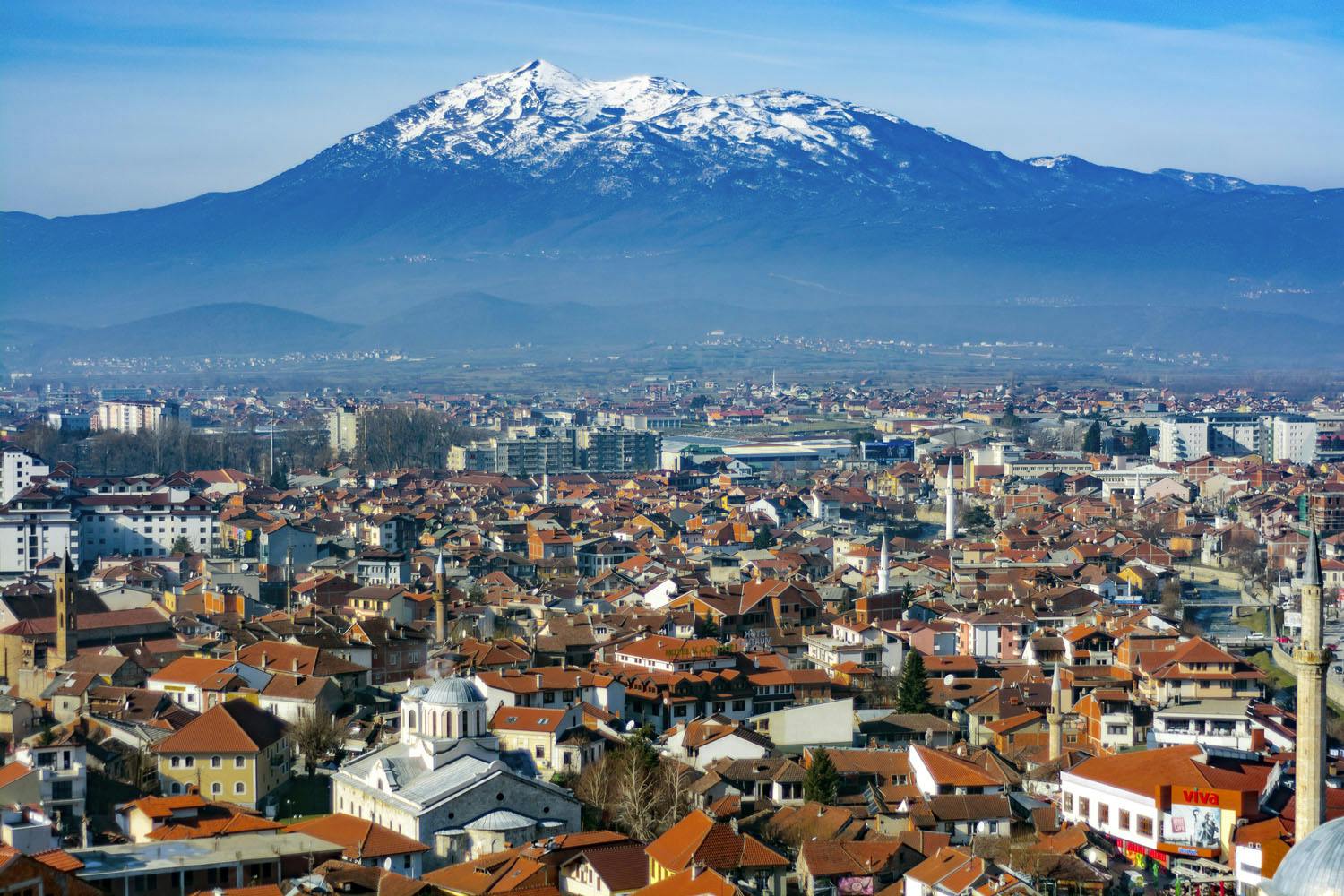
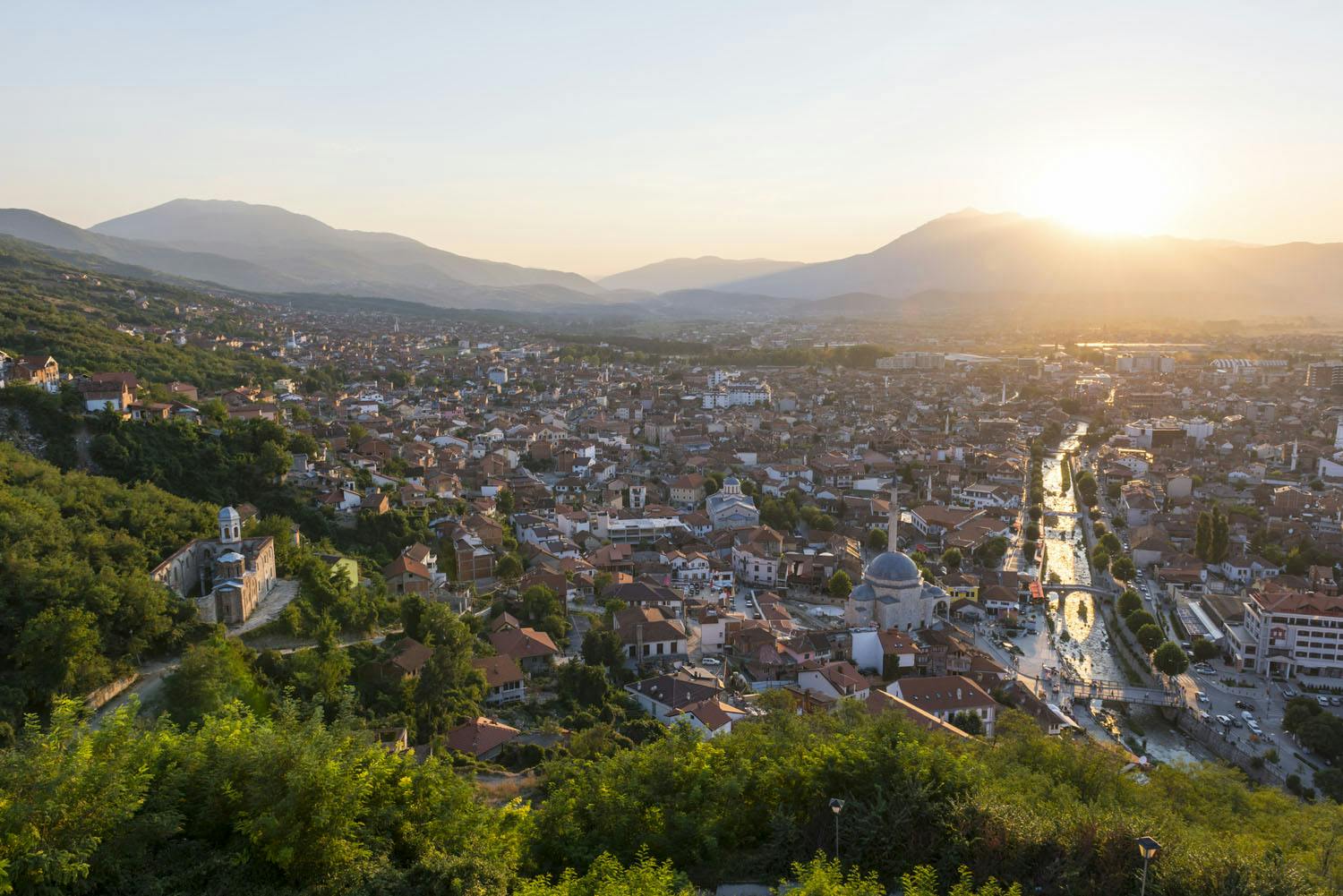
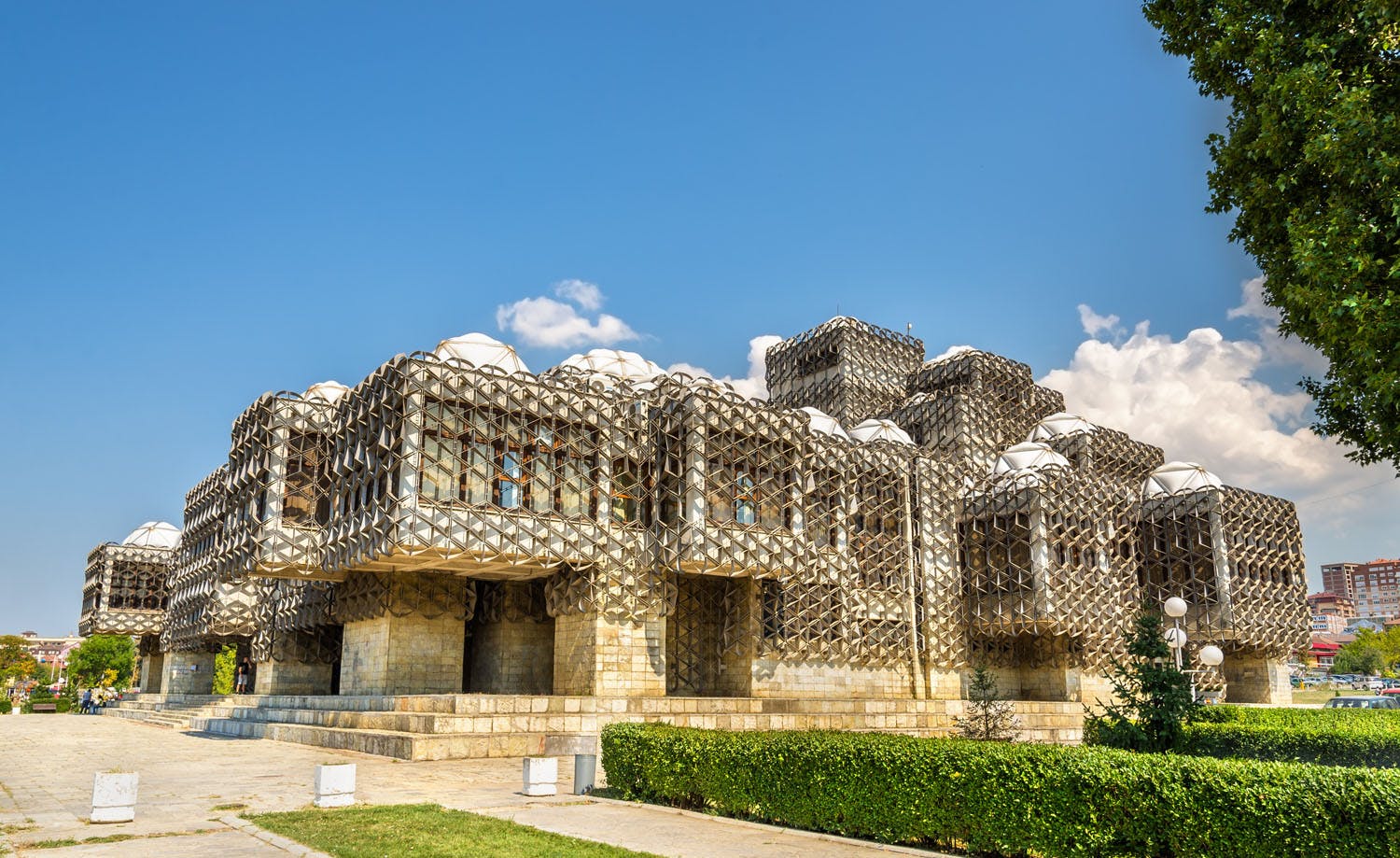
Kosovo’s unseen delights
Kosovo, the country with the youngest population in Europe, also organizes one of Europe’s most sought-after contemporary music festivals. The Sunny Hill Festival takes place in the capital city of Pristina, where global chart toppers like Dua Lipa, Calvin Harris, Miley Cyrus, and Martin Garrix performed. People from all over Europe gather in Pristina to witness various festivals throughout the year.
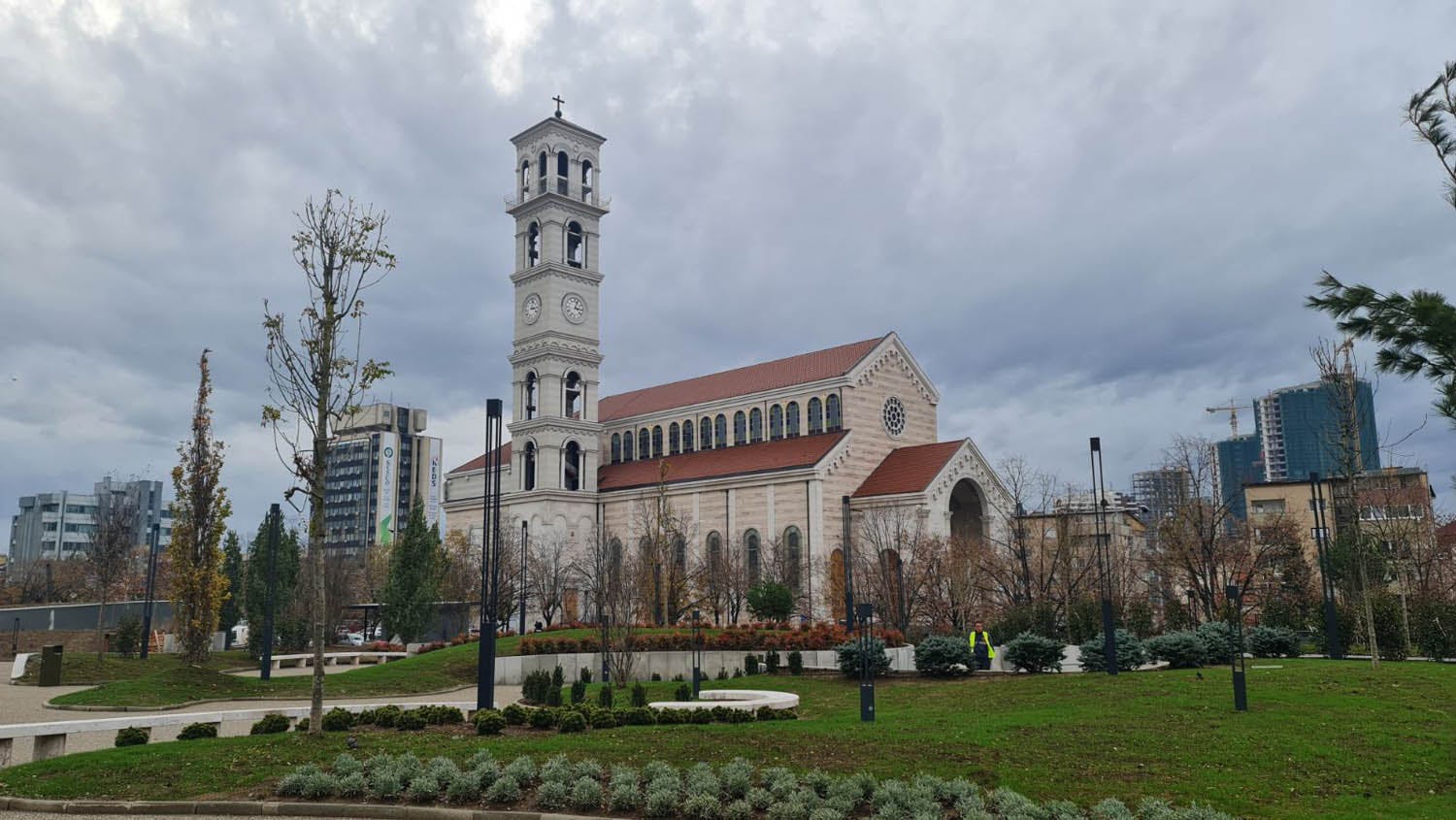
Jetmir revealed a well-kept secret of Kosovo, called Bunar Fest. This unique festival involves a race across the Lumbardhi River in Prizren, dedicated to adventurous individuals seeking an adrenaline rush, followed by a concert on a hilltop open to everyone. For Jetmir, the trail of Mirusha waterfall in Mirusha Park is another sweet spot. The park is a sight for nature lovers, filled with 13 river lakes and 12 waterfalls, surrounded by a 10 km canyon.
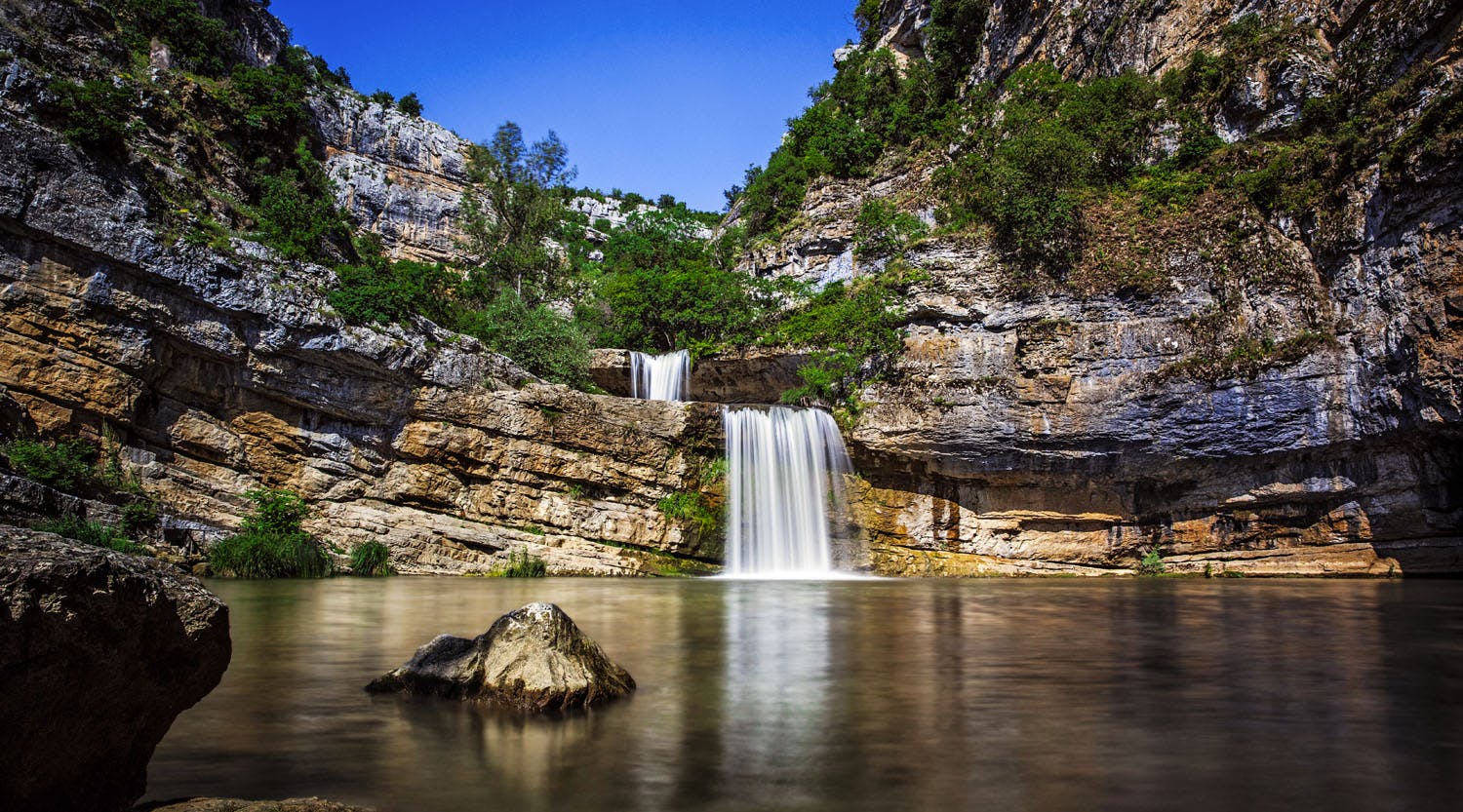
Another hidden gem of Kosovo is the Rugova Valley. With its towering cliffs and emerald-green waters flowing through the Lumbardhi River, its canyon offers mesmerizing views and the chance to engage in hiking, rock climbing, and canyoning activities. The villages scattered throughout the valley provide an authentic and peaceful rural experience for those seeking tranquility. They offer a glimpse into the traditional way of life in Kosovo, with charming stone houses, called Kulla, friendly locals, and the opportunity to try traditional cuisine.

